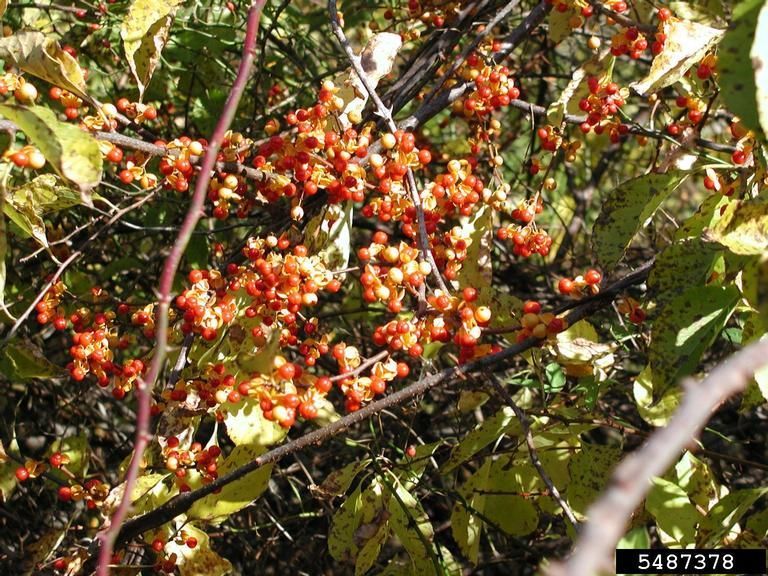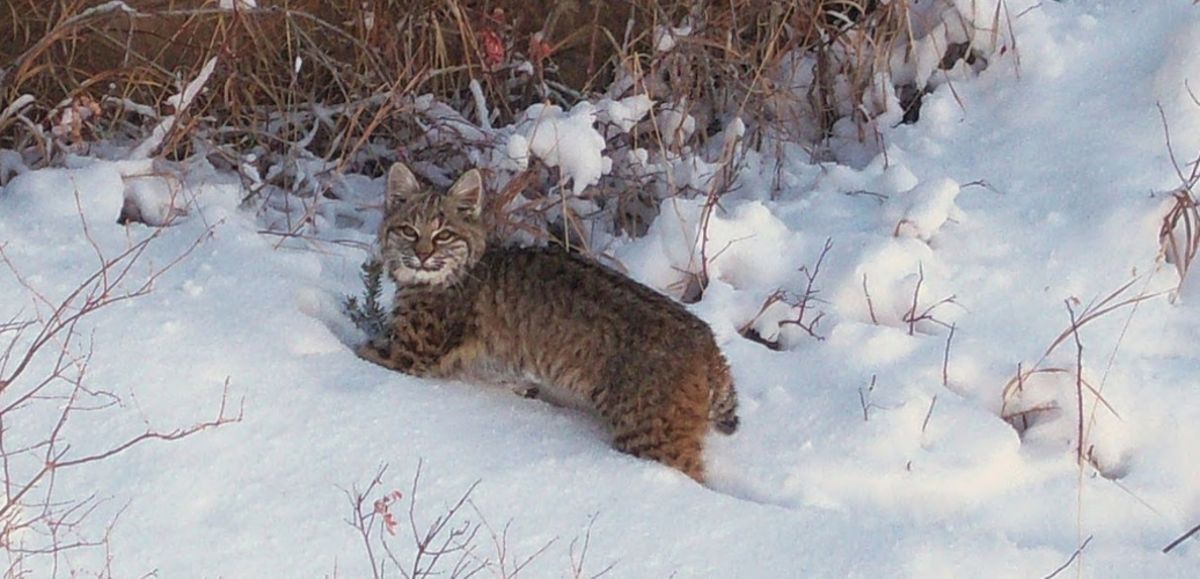Volunteer with the DNR: 100-in-100 Clean-Up Challenge
 Despite volunteer event cancellations with wildlife habitat improvement programs like On the Ground during the COVID-19 pandemic, there are still ways to do good for your public lands through individual volunteer efforts.
Despite volunteer event cancellations with wildlife habitat improvement programs like On the Ground during the COVID-19 pandemic, there are still ways to do good for your public lands through individual volunteer efforts.
One such volunteer opportunity is hosted by the Michigan Department of Natural Resouces (DNR) Adopt-a-Forest program and is focused on the illegal dumpsite problem that plagues public lands throughout the state. Illegal dumpsites are areas on public land that people illegally drop trash and other unwanted materials that include furniture, old paint cans, tires and many other items. Instead of disposing of these items properly, some people drop them on public land, thus harming the quality of wildlife habitat and impeding public access to the area. Unfortunately, they are a common occurrence on both state and federal public land across Michigan.
The DNR’s Adopt-a-Forest program is calling on all interested volunteers to help them clean-up 100 of these illegal dumpsites in 100 days (June 15 – September 22, 2020). This program has already cleaned nearly 2 million acres of forest habitat in Michigan, and they need your help to do even more good. In honor of the centennial of the National Association of State Foresters, cleaning up 100 of these dumpsites is a great way to celebrate the importance of Michigan’s iconic forests. This initiative is an enjoyable way to get outdoors and take care of your favorite public lands and can also serve as valuable volunteer work for youth and students in need of volunteer hours.
Similar to the OTG virtual public land clean-up initiative we hosted throughout the month of April 2020, this volunteer opportunity benefits public lands and allows individuals to volunteer for their resources responsibly in the time of COVID-19. Please be sure to follow all state and federal public health guidelines while participating. To get involved and help clean-up a dumpsite on public land, visit cleanforests.org . Once you locate your clean-up site and sign the volunteer waiver, you can get started on improving a forest near you!
The post Volunteer with the DNR: 100-in-100 Clean-Up Challenge appeared first on Michigan United Conservation Clubs.



